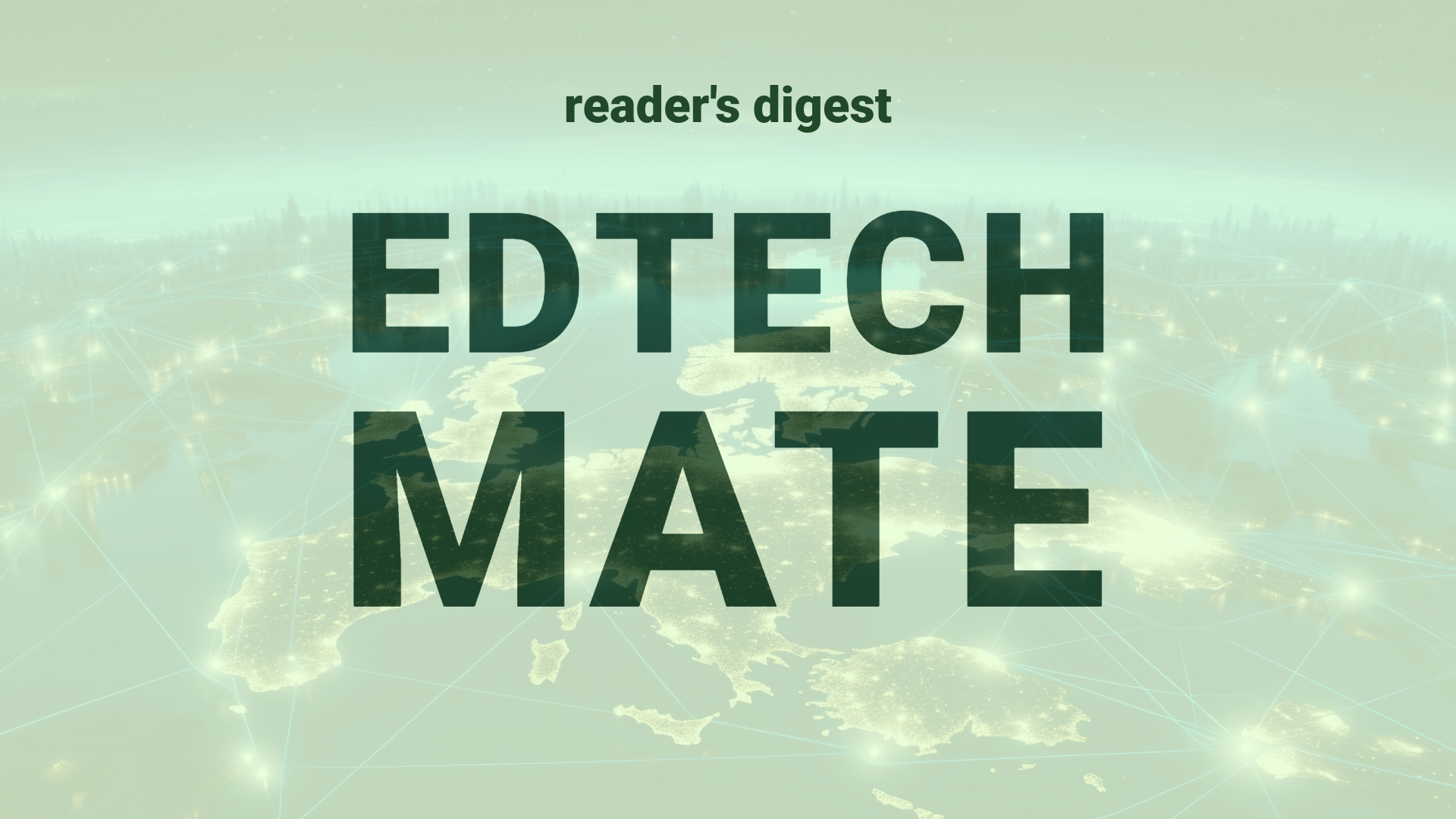Executive Summary and Main Points
The recent visit of Apple CEO Tim Cook to Southeast Asia highlights a strategic pivot towards the region for business expansion and sales growth. Amidst Apple’s contraction in China, Southeast Asia presents a burgeoning market, reflecting a notable shift in the global technology and education landscape. Key focal points include the launch of an online Apple Store in Vietnam, hiring in Malaysia for Apple’s first retail center, and a discussion of manufacturing diversification in Vietnam and potentially Indonesia. Apple’s investment of over $250 million in Singapore, which focuses on creating new roles in AI, further emphasizes the significance of the region as a technological epicenter.
Potential Impact in the Education Sector
Apple’s expansion in Southeast Asia holds transformative potential for Further Education and Higher Education, especially within the realm of digital academia. The company’s engagement in Artificial Intelligence (AI) could forge new career paths and programs in these domains, thereby enriching tech-centric micro-credentials. Strategic partnerships with educational institutions could enhance Apple’s influence in creating cutting-edge curricula and adopting AI-driven pedagogical tools. This will likely bolster technological fluency across global education systems.
Potential Applicability in the Education Sector
Apple’s initiatives in AI and digital tools offer groundbreaking applicability in global higher education settings. Collaborative projects with universities, such as the Apple Developer Academy, provide valuable insight into practical AI implementation. These partnerships can manifest in the integration of AI in research, the development of digital learning platforms, and the creation of custom educational apps that enhance student engagement and faculty resources across diverse cultural contexts.
Criticism and Potential Shortfalls
While Apple’s moves signify progressive strides, they are not exempt from criticism and potential pitfalls. Reliance on a single corporate entity for educational technology can raise concerns regarding monopoly, data privacy, and academic independence. The focus on AI and high-tech skills may inadvertently widen the digital divide, especially in lower-income regions lacking adequate infrastructure. Moreover, potential ethnocentricity in AI models and educational content could conflict with the cultural richness of Southeast Asia, necessitating a culturally sensitive approach to curriculum development and AI training sets.
Actionable Recommendations
International education leadership should actively engage with Apple’s technological advancements while promoting a multi-stakeholder approach to avoid over-reliance on a single corporation. It is advisable to foster collaborations with a variety of tech companies to enhance infrastructure and develop a diverse set of digital educational tools. Institutions should prioritize the creation of an inclusive AI curriculum that addresses the digital skills gap and incorporates local cultural nuances. Additionally, leaders must advocate for ethical AI use in education, ensuring that data privacy, academic freedom, and equal opportunity remain at the forefront of this digital transformation.
Source article: https://www.cnbc.com/2024/04/18/tim-cook-visits-singapore-amid-apples-southeast-asia-expansion-.html

